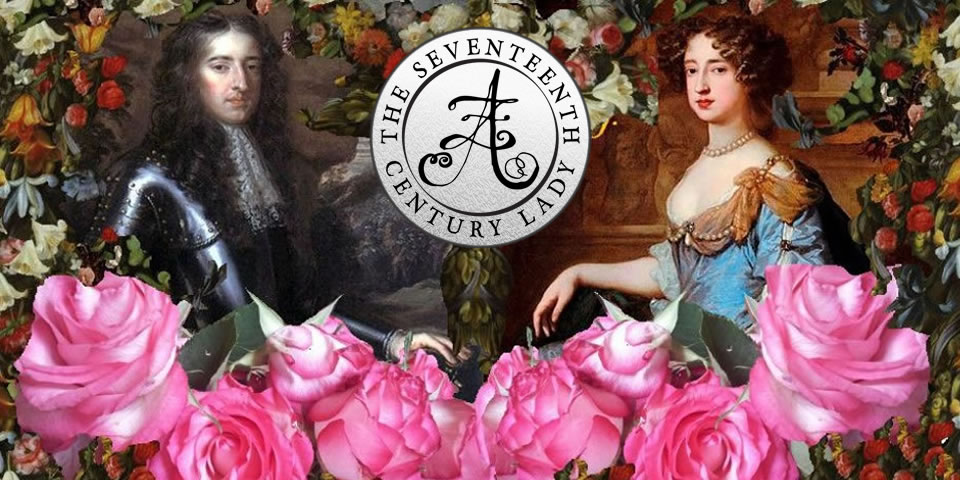William Shakespeare, arguably the greatest writer of all time, was born on this day, the 23rd of April, 1564 in Stratford-upon-Avon.

William Shakespeare by Martin Droeshout, engraving, 1632 or 1663-1664. Image: The National Portrait Gallery, London.
Whether people consciously like Shakespeare or not, the plots he wrote are seen often in films and stage plays.
“Come, gentlemen, I hope we shall drink down all unkindness.” – The Merry Wives of Windsor
There has been huge controversy over the years concerning the authorship of the complete works. Some less charitable people (Oxfordians, Baconians) tend to think that he could not have been the author of the plays attributed to him. Why less charitable? Why, because they seem to think that since Shakespeare was a mere son of a glovemaker, and only attended a few years at a grammar school, that men such as Edward de Vere and Francis Bacon were in better positions to create the works.
“Out, damned spot! out, I say!” – Macbeth.
I’ve had the misfortune of having to be in conversation with several of these types, who have managed to always come across as smug. The fact of the matter is that any person can self-educate themselves, which we have seen time and again throughout history. You probably have already guessed that I am a firm Stratfordian: I believe that the works attributed to William Shakespeare were actually written by William Shakespeare.
Caesar. “The ides of March are come.”
Soothsayer. “Ay, Caesar; but not gone.” – Julius Caesar.

William Shakespeare, after Gerard Johnson, plaster cast of copy of head of effigy at Stratford-upon-Avon, (circa 1620). Image: The National Portrait Gallery, London.
Shakespeare himself has been the focal point of a few films, including the Oscar-winning, Shakespeare in Love:
[amazon asin=B004GCK6Y8&template=image&chan=default]
The film, Anonymous, goes along with the Oxfordian school of thought, though its historical accuracy was lacking (though beautifully, stylishly filmed – worth watching):
[amazon asin=B00592CZXE&template=image&chan=default]
I’m really looking forward to seeing this newest adaptation of his Romeo & Juliet:
I’ve written before about not fitting in with the popular crowds at school, and I owe a great deal to Shakespeare for getting me through those times. His words can fill one with joy and hope. I could go so far as to say he was kind of like my first love. I even had posters of him up on my walls. No wonder I was overflowing with happiness when I fulfilled a childhood wish of visiting his birthplace.

William Shakespeare, after John Faed, albumen carte-de-visite, 1864. Image: The National Portrait Gallery, London.
The Bard died coincidentally on his birthday. I remember hearing tales about his being taken out to the tavern and getting drunk and walking home in the rain, which brought on the sickness that led to his death. He died on the 23rd of April, 1616.
“Love looks not with the eyes, but with the mind, And therefore is winged Cupid painted blind” – A Midsummer Night’s Dream
I’m currently staying with my in-law’s in Abington Vale, Northampton, and only about a three-minute walk away from where Shakespeare’s childless last direct descendant, Elizabeth, lived and died in 1670: Abington House, now Abington Museum.

Elizabeth Bernard, daughter of Susannah Hall, Shakespeare’s eldest daughter.
“You have witchcraft in your lips.” – Henry V.
Honour Shakespeare! Read his works and learn more about him:
[amazon asin=B004OEIELA&template=image&chan=default][amazon asin=0141023740&template=image&chan=default]
